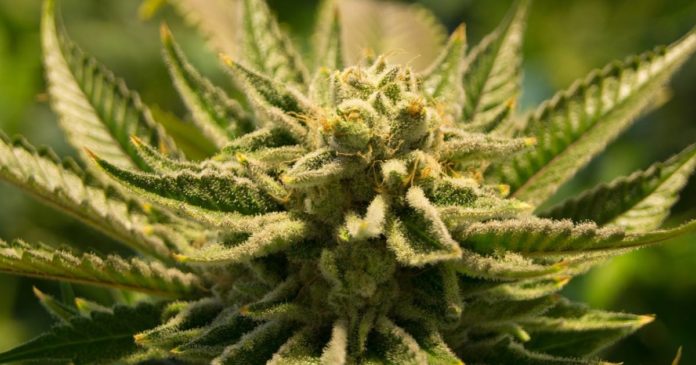Medicinal cannabis is to be free of charge to some patients in Italy’s southern region of Sicily as a result of a decree by Sicilian health chief Ruggero Razza.
Patients with chronic pain or spasms associated multiple sclerosis not responding to conventional treatments will have the cost of their cannabis prescriptions covered by the regional government.
President of the Sicilian Region Nello Musumeci said (translated) before being an administrative act, this was an “act of civilization”.
The measure may not stop with just these conditions – it is flexible enough to add other conditions when supported by greater scientific evidence says Costruire Salute.
“At the moment it is limited only to pain and spasticity from Multiple Sclerosis, but it represents a first step for the free use of Therapeutic Cannabis for many pathologies that can benefit from it. It’s just a start. We will continue pressing …,” said BisTer, a non-profit association with the aim of promoting dissemination of information on therapeutic cannabis.
The full text of the decree can be found here, but unfortunately due to the way the document has been uploaded, it can’t be run through a translation engine.
Doctors in Italy have been able to prescribe cannabis-based medicines since 2006, but the number of conditions, amount of red tape and cost involved saw few prescriptions filled.
Italy then legalized the use of Sativex with a doctor’s prescription back in 2013. Sativex is a mouth spray containing the active ingredient nabiximols which consists of cannabis extracts including tetrahydrocannabinol (THC), cannabidiol (CBD) and other minor cannabinoids. Other forms of edible and smokeable medical cannabis have also been legal to prescribe since 2013 for eligible conditions including MS, chronic pain, glaucoma, Tourette’s syndrome and nausea.
In 2016, the nation embarked on production of cannabis for medical use at the Military Pharmaceutical Chemical Plant of Florence (SCFM). The first cultivar, FM-2, contains 5% – 8% THC and 7.5% – 12% CBD. The second product, FM-1, has been available since July 2018 and contains 13.0-20.0% THC and less than 1% CBD. However, domestic production is nowhere close to keeping up with demand, so there remains a heavy dependence on expensive imports.


